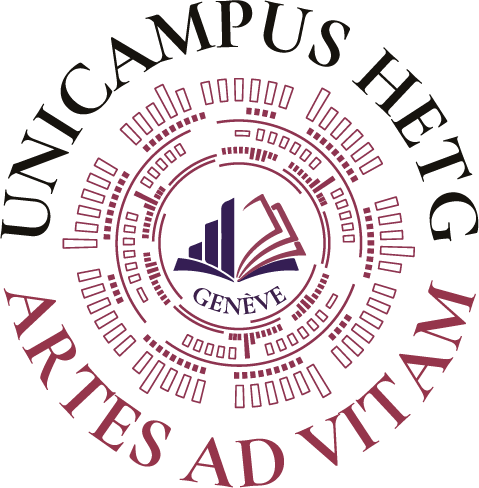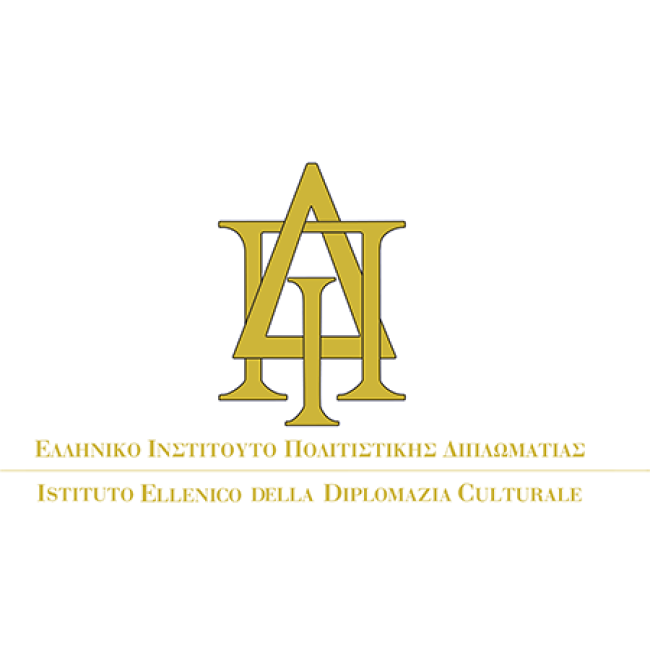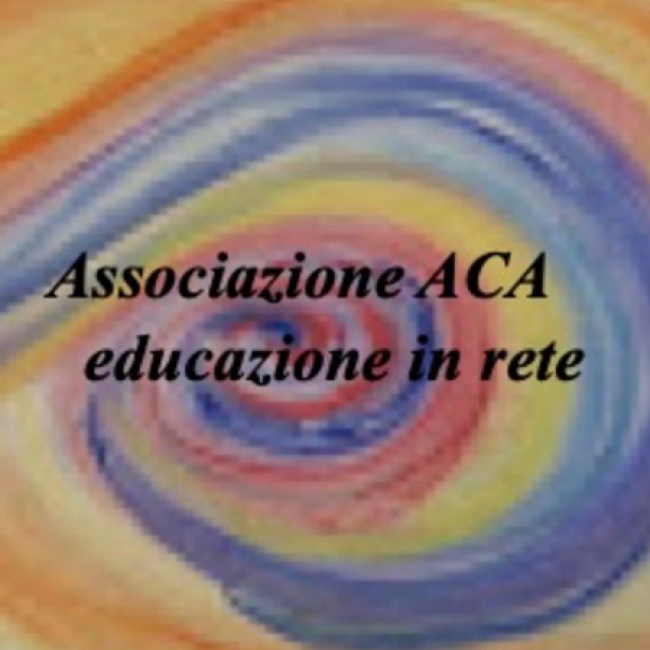Master's Degree in Occulta Philosophia
A master's degree program in “Occulta Philosophia” within an anthropological sciences faculty is a postgraduate program focused on exploring the practices, theories and history of occult philosophy or magic, framed through the lens of anthropology. This field of study deals with esoteric, mystical, and magical traditions, examining how they influence and have been influenced by human cultures throughout history, up to related topics developed in recent centuries such as ufology and paranormal phenomena.
The fomrative objectives of this degree program are:
1. Historical and Cultural Understanding: To provide a solid knowledge base on the history of occultism and its practices in different cultures and historical periods. This includes the study of alchemy, astrology, ceremonial magic, divination and other esoteric practices.
2. Anthropological Approach: Impart the skills to analyze occult practices from an anthropological perspective, examining their meaning, function and impact on human societies. This includes the study of spiritual beliefs, rituals and symbolic structures within various communities.
3. Critical and Analytical Skills: Develop critical and analytical skills to examine historical and contemporary texts, ritualistic practices and esoteric theories, using anthropological research methods.
4. Interdisciplinarity: Promote interdisciplinary understanding by linking occult philosophy with history, psychology, sociology, art and literature to provide a holistic view of its impact on culture and society.
5. Research and Methodology: Prepare students to conduct independent research in the field of occultism by teaching qualitative and quantitative research methodologies suitable for anthropological and historical studies.
6. Ethics and Responsibility: Raise students' awareness of ethical issues related to the study and practice of occultism, promoting a responsible and respectful approach to diverse beliefs and practices.
Modules and content
Occupational Outlets.
The Master's Degree (Master's Degree) in Occulta Philosophia offers several employment opportunities in the world of work. Below is a sample of some of the possible employment outlets:
- Academic Research and Teaching: Career opportunities in universities and other educational institutions, teaching subjects related to anthropology, history of religions, occult philosophy, or cultural history. Academic research could include further study of esoteric practices, their origins, evolution, and impact on societies.
- Museology and Cultural Heritage Management: Work in museums, art galleries, or organizations dedicated to preserving cultural heritage, especially those that focus on the history of magic, esotericism, or spiritual traditions.
- Cultural and Social Consulting: Serve as consultants for organizations that require experts in symbolism, esoteric traditions, and cultural dynamics related to occultism, both in the public and private sectors.
- Publishing and Journalism: Write or edit content for publications dealing with topics related to esotericism, spirituality, philosophy, and cultural history, including books, magazines, blogs, and documentaries.
- Art and Design: Apply knowledge of esoteric symbologies and traditions in the field of art and design, creating works inspired by or interpreting occult themes.
- Spiritual Counseling and Life Coaching: Offering counseling or coaching services that integrate concepts and practices drawn from occult philosophy, aimed at individuals interested in spiritual well-being or personal growth.
- Non-Governmental Organizations (NGOs) and Cultural Associations: Work with NGOs or cultural groups concerned with religious rights, spiritual freedom, or promoting intercultural and interfaith understanding.
- Production and Entertainment Industry Consulting: Work with the film, television, or gaming industry as consultants to ensure accurate portrayal of esoteric or occult elements.
First Year.
M-STO/06 - Hoodoo Folk Magic and Voodoo of the 21 Divisions - ECTS 8
M-DEA/01 - Tarology - ECTS 10
M-DEA/01 - History and Techniques of Astrology and Numerology - ECTS 10
M-PSI/03 - History and Techniques of Hypnosis - ECTS 8
M-DEA/01 - Ethnology and History of Shamanism - ECTS 8
M-STO/06 - History of Ufology II - ECTS 8
M-DEA/01 - Demonology - ECTS 8
Second Year
L-ART/02 - History and Techniques of the Divinatory Arts - ECTS 8
M-DEA/01 - History of Magic III - ECTS 8
M-STO/06 - Introduction to Magical Kabbalah - ECTS 8
M-PSI/03 - Techniques of Mental and Psychic Empowerment - ECTS 8
M-PSI/07 - Paranormal Phenomenology - ECTS 8
L-LIN/11 - Literature Esoterism and Occultism - ECTS 10
Final Examination - ECTS 10












